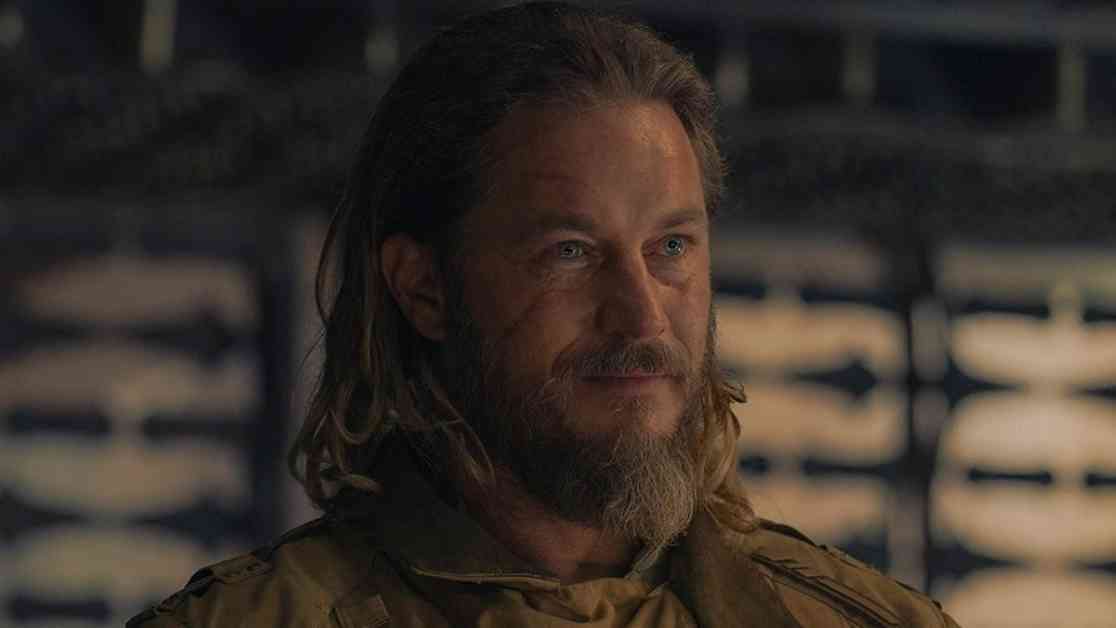Dune: Prophecy wasted no time in distinguishing itself from the movies. The first episode of the Dune prequel series delves into a violent declaration of war with the murder of a young character, a departure from director Denis Villeneuve’s cinematic universe. Set over 10,000 years before the events of the films, the series focuses on the Bene Gesserit sisterhood’s hidden influence under Mother Superior Valya Harkonnen’s rule. The premiere episode, “Hidden Hand,” reveals the origins of the Bene Gesserit and their manipulative plans to maintain power by orchestrating strategic family unions.
Unlike the films, where brutality serves to highlight the high stakes, Dune: Prophecy takes it a step further, showcasing a level of ruthlessness unseen before. The series introduces characters like young Pruwet Richese, whose innocence is exploited in a political marriage scheme orchestrated by the Bene Gesserit. The violent death of Pruwet at the hands of soldier Desmond Hart underscores the invisible war being waged against the sisterhood’s influence.
The shocking killing of Pruwet Richese raises questions about the motives behind Hart’s actions. It is revealed that Hart suspects a conspiracy involving the Richese family in an attack on the spice operation, leading to Pruwet’s demise. The series hints at the Bene Gesserit’s manipulative tactics and their ulterior motives in influencing powerful figures like Emperor Corrino. The repercussions of Pruwet’s death and Hart’s actions are yet to be fully explored, promising a deeper dive into the violent conflict brewing in the series.
Overall, Dune: Prophecy sets a dark and intense tone, pushing the boundaries of the Dune universe with its graphic portrayal of violence and political intrigue. As the series unfolds, viewers can expect to witness the brutal realities of power struggles and manipulation in a war-torn world where even children are not safe from the deadly machinations at play.
















